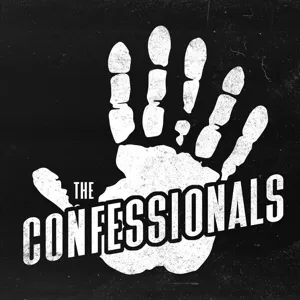Democracy Awakening with Heather Cox Richardson

Sharon welcomes back political historian, author, and professor Heather Cox Richardson, one of our most popular podcast guests of all time, who has a new book out: Democracy Awakening. Taking a different approach to this book from her previous work, Heather answers some of the big picture questions – once and for all – that readers have asked for years, relating directly to America’s current standing as a Democracy. When did the political parties change sides? Is America a Democracy, or a Constitutional Republic? How has America always managed to preserve Democracy as a global symbol, and how can we reclaim some of those Democratic principles?
Special thanks to our guest, Heather Cox Richardson, for joining us today.
Host/Executive Producer: Sharon McMahon
Guest: Heather Cox Richardson
Audio Producer: Jenny Snyder
Hosted on Acast. See acast.com/privacy for more information.








